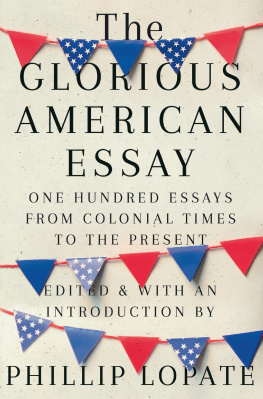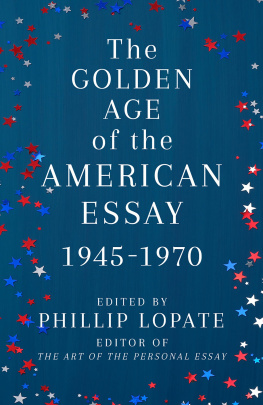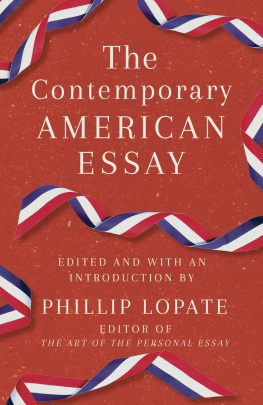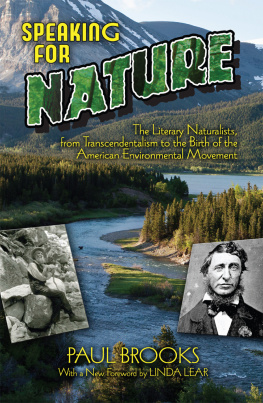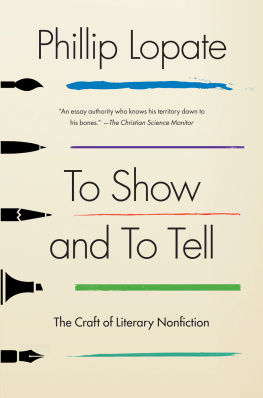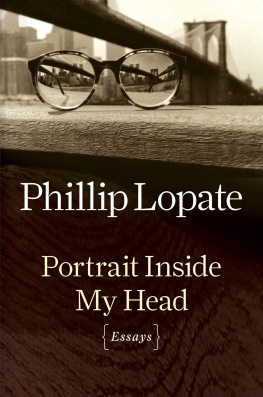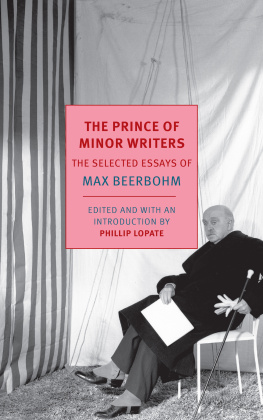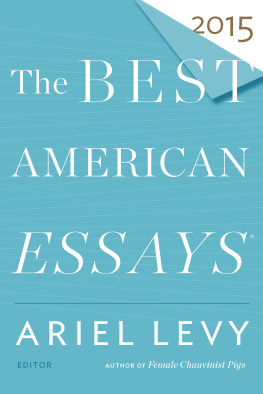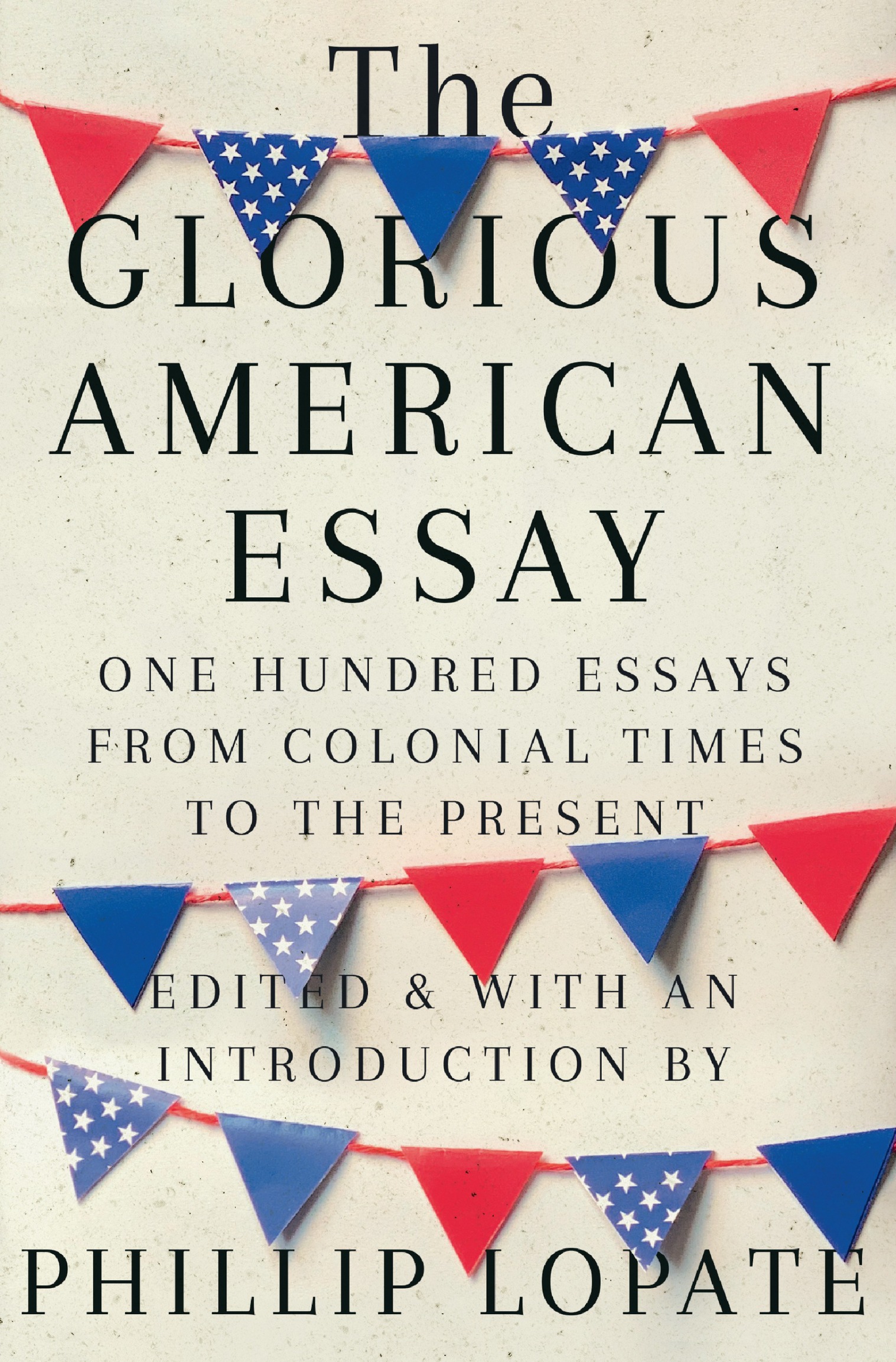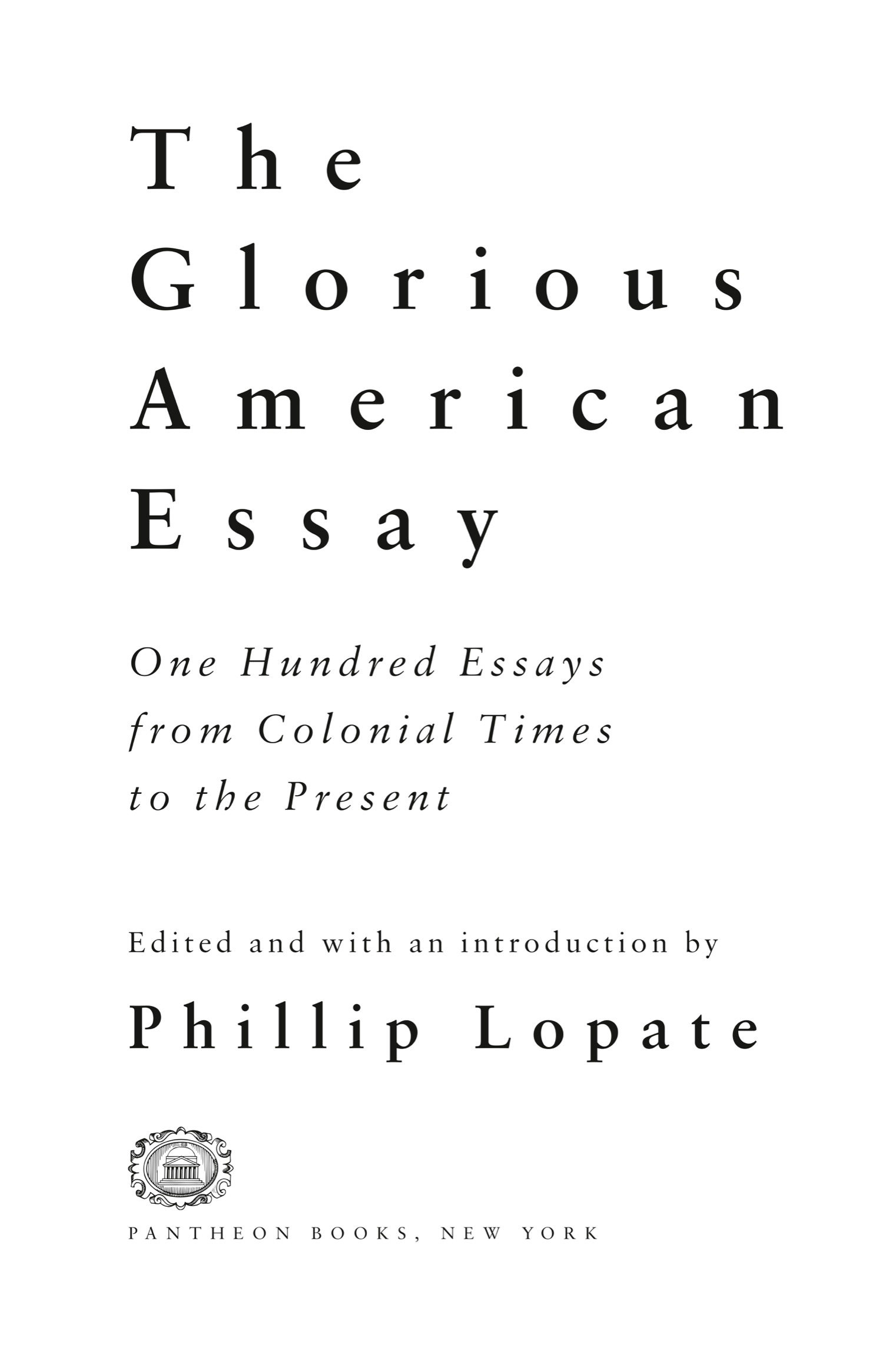I
The essay is a literary form dating back to ancient times, with a long and glorious history. As the record par excellence of a mind tracking its thoughts, it can be considered the intellectual bellwether of any modern society. The great promise of essays is the freedom they offer to explore, digress, acknowledge uncertainty; to evade dogmatism and embrace ambivalence and contradiction; to engage in intimate conversation with ones readers and literary forebears; and to uncover some unexpected truth, preferably via a sparkling literary style. Flexible, shape-shifting, experimental, as befits its name derived from the French (essai = attempt), it is nothing if not versatile.
In the United States, the essay has had a particularly illustrious if underexamined career. In fact, it is possible to see the dual histories of the country and the literary form as running on parallel tracks, the essay mulling current issues and thereby reflecting the story of the United States in each succeeding period. And just as American democracy has been an ongoing experiment, with no guarantees of perfection, so has the essay been, as William Dean Howells argued, an innately democratic form inviting all comers to say their piece, however imperfectly.
The Puritans, some of our earliest settlers, chose the essay over fiction and poetry as their preferred mode of expression. In both sermons and texts explicitly labeled essays, men like Cotton Mather and Jonathan Edwards articulated their religious and ethical values. Many later American commentators would take them to task for being sexually prudish, intolerant, and repressive. H. L. Mencken, in a scathing extended essay entitled Puritanism as a Literary Force, blamed that heritage for holding back American literature by overstressing behavioral proprieties while understressing aesthetics. Edmund Wilson wittily noted that Mencken himself was something of a Puritan. The bohemian wing of American literature, from Walt Whitman to the present, has engaged in protracted guerrilla warfare with Puritanism and offered itself as an alternative. On the other hand, Marilynne Robinson defends the Puritans from what she regards as a caricature of their positions. Say what you will about their rigid morality: these Puritan thinkers were highly learned, with sophisticated prose styles, and we are fortunate in having them set so high an intellectual standard for later American essayists to follow.
Skip ahead to the Founding Fathers, including George Washington, Thomas Jefferson, Benjamin Franklin, Alexander Hamilton, and Thomas Paine, all of whom seem to have been superb writers. In their treatises, pamphlets, speeches, letters, and broadsides, they tested their tentative views on politics and governance, hoping to move from conviction to certainty. Theirs was a self-conscious rhetoric influenced by the French Enlightenment authors and the orators of ancient Greece and Rome, as well as the polished eighteenth-century nonfiction prose writers of their opponent, Great Britain.
In the decades following independence, United States authors labored to free themselves from subservience to English parental literary influence and to establish a national culture that would sound somehow unmistakably American. Washington Irving, perhaps the first freelance American author to support himself by his pen, was ridiculed by British critics such as William Hazlitt for imitating the English periodical essayists. He, in turn, wrote an essay entitled English Writers in America, which began: It is with feelings of deep regret that I observe the literary animosity daily growing up between England and America. He went on to analyze the condescending travel accounts of English authors in America, which were then all the rage in Great Britain: That such men should give prejudiced accounts of America is not a matter of surprize. The themes it offers for contemplation are too vast and elevated for their capacities. The national character is yet in a state of fermentation: it may have its frothings and sediment, but its ingredients are sound and wholesome; it has already given proofs of powerful and generous qualities, and the whole promises to settle down into something substantially excellent. Edgar Allan Poe bristled at the canard that Americans were too materialistic and engineering-minded to produce literature: Our necessities have been mistaken for our propensities. Having been forced to make rail-roads, it has been deemed impossible that we should make verse.But this is the purest insanity. The principles of the poetic sentiment lie deep within the immortal nature of man, and have little necessary reference to the worldly circumstances which surround himnor can any social, or political, or moral, or physical conditions do more than momentarily repress the impulses which glow in our own bosoms as fervently as in those of our progenitors.
But it was Ralph Waldo Emerson, our greatest nineteenth-century essayist, who sounded the alarm most famously in his speech The American Scholar. Acknowledging that up to then the Americans were a people too busy to give to letters more, he nevertheless prophesied that the time was coming when the sluggard intellect of this continent will look from under its iron lids, and fill the postponed expectations of the world with something better than the exertions of mechanical skill. Our day of dependence, our long apprenticeship to the learning of other lands, draws to a close. The millions, that around us are rushing into life, cannot always be fed on the sere remains of foreign harvests. He concluded by saying: We have listened too long to the courtly muses of Europe.We will walk on our own feet; we will work with our own hands; we will speak with our own minds. Its worthwhile remembering that this author who called for independence from foreign culture was probably the best-read person of his time and had imbibed not only most of British, French, and German literature but Eastern religious classics as well.
Emerson developed a kind of essay that was quirky, densely complex, speculative, digressive, and epigrammatic. He was part of that extraordinary flowering of literary culture in the mid-nineteenth century, the so-called American Renaissance, which included Nathaniel Hawthorne, Poe, Henry David Thoreau, Herman Melville, Whitman, Margaret Fuller, and Emily Dickinson. By the time it had run its course, there was no longer any doubt that America had itself a national culture. But there was more at stake than just the development of literary talent. The nation was facing enormous political and moral challenges from the twin oppressions of blacks and women. The Fugitive Slave Act of 1850, which called for runaway slaves to be captured by northerners and returned as property to their southern slave owners, converted many of these writers to the abolitionist cause. Some of the most eloquent essays attacking slavery were penned by African Americans, such as Frederick Douglass and Martin R. Delany. They engendered an essayistic discourse on race that would be taken up by a distinguished lineage of black authors, including W. E. B. Du Bois, James Weldon Johnson, Zora Neale Hurston, Alain Locke, Ralph Ellison, and James Baldwin, continuing into our present day.

